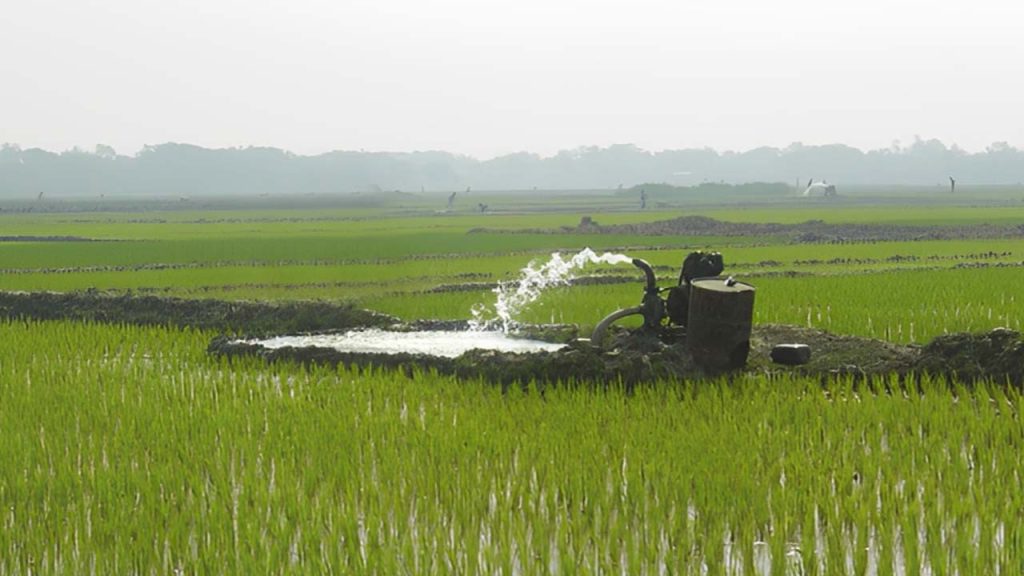JU RICE TRADERS
Pakistan's Rice Trade: Exporting Excellence to Dubai and Iran
Introduction: Pakistan’s rise in the global rice trade underscores its status as a major player, thanks to its production of top-tier rice for both local consumption and international markets. This article explores Pakistan’s flourishing rice industry, focusing on its exports to key destinations like Dubai and Iran, as well as its thriving domestic market. With a commitment to quality and a diverse range of rice varieties, Pakistan continues to make waves in the global market while meeting the needs of consumers at home.
Pakistan's Rice Industry
Pakistan ranks among the world’s largest rice producers, renowned for its diverse rice varieties. Benefitting from a favorable climate and fertile land, the nation’s key rice-growing regions, including Punjab, Sindh, and Khyber Pakhtunkhwa, drive its agricultural success. This article explores Pakistan’s prominent role in the global rice market, highlighting its rich array of rice cultivars. From fragrant Basmati to long-grain and short-grain varieties, Pakistan’s rice industry thrives on quality and innovation, catering to both local and international demand. With its natural advantages and agricultural expertise, Pakistan continues to make significant contributions to the global rice trade, solidifying its position as a key player in the agricultural landscape.

Government Support and Initiatives
The Pakistani government recognizes the importance of the rice sector and has implemented policies to support its growth. Initiatives such as agricultural subsidies, modern farming techniques, and research and development programs have improved the quality and productivity of rice crops.
Challenges and Opportunities
Although Pakistan’s rice industry has achieved significant success, it faces certain challenges such as water scarcity, climate change, and international competition. However, these challenges also present opportunities for innovation, diversification, and sustainable practices to ensure the long-term growth and competitiveness of the sector.
Exporting to Dubai and Trade in Local Market
Pakistan has established strong trade links with Dubai, exporting a significant quantity of rice to meet the demand in these markets.
Trade In Dubai
In Dubai’s dynamic food scene, Pakistani rice has emerged as a preferred choice, thanks to its superior quality and competitive prices. With its multicultural population and thriving hospitality sector, Dubai provides a lucrative market for Pakistani rice exporters. This article explores the growing demand for Pakistani rice in Dubai, highlighting its appeal to consumers and businesses alike. Embraced for its exceptional taste and versatility, Pakistani rice continues to play a significant role in Dubai’s culinary landscape, reflecting the strong bond between these two dynamic hubs of culture and commerce.
Local Market
As Pakistan exports rice worldwide, it also satisfies the domestic market, where rice holds deep cultural and culinary importance. Serving as a staple food, rice takes center stage in Pakistani cuisine, featuring prominently in dishes like Biryani, Pulao, and plain boiled rice. The local market boasts a diverse array of rice varieties, including the aromatic Basmati, IRRI, and Sella rice. This paragraph explores the integral role of rice in Pakistan’s culinary heritage and the abundance of options available to consumers in the local market, reflecting the nation’s rich agricultural tradition and diverse palate preferences.
Pakistan’s rice trade is a vital component of its agricultural economy, contributing to employment, foreign exchange earnings, and food security. With a strong presence in Dubai and Iran’s markets, Pakistani rice continues to gain recognition for its superior quality. Furthermore, the local market provides a solid foundation for the industry’s growth. By addressing challenges and embracing opportunities, Pakistan’s rice industry can sustain its position as a major player in the global rice trade.
